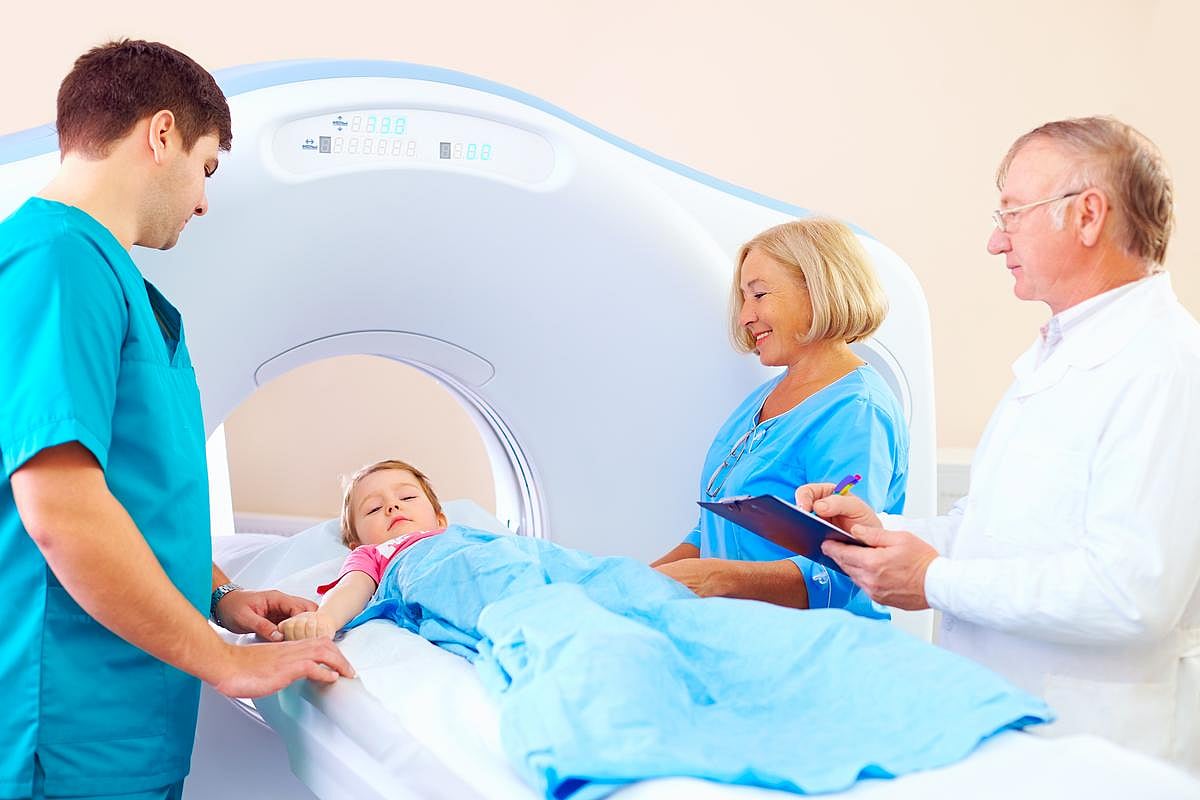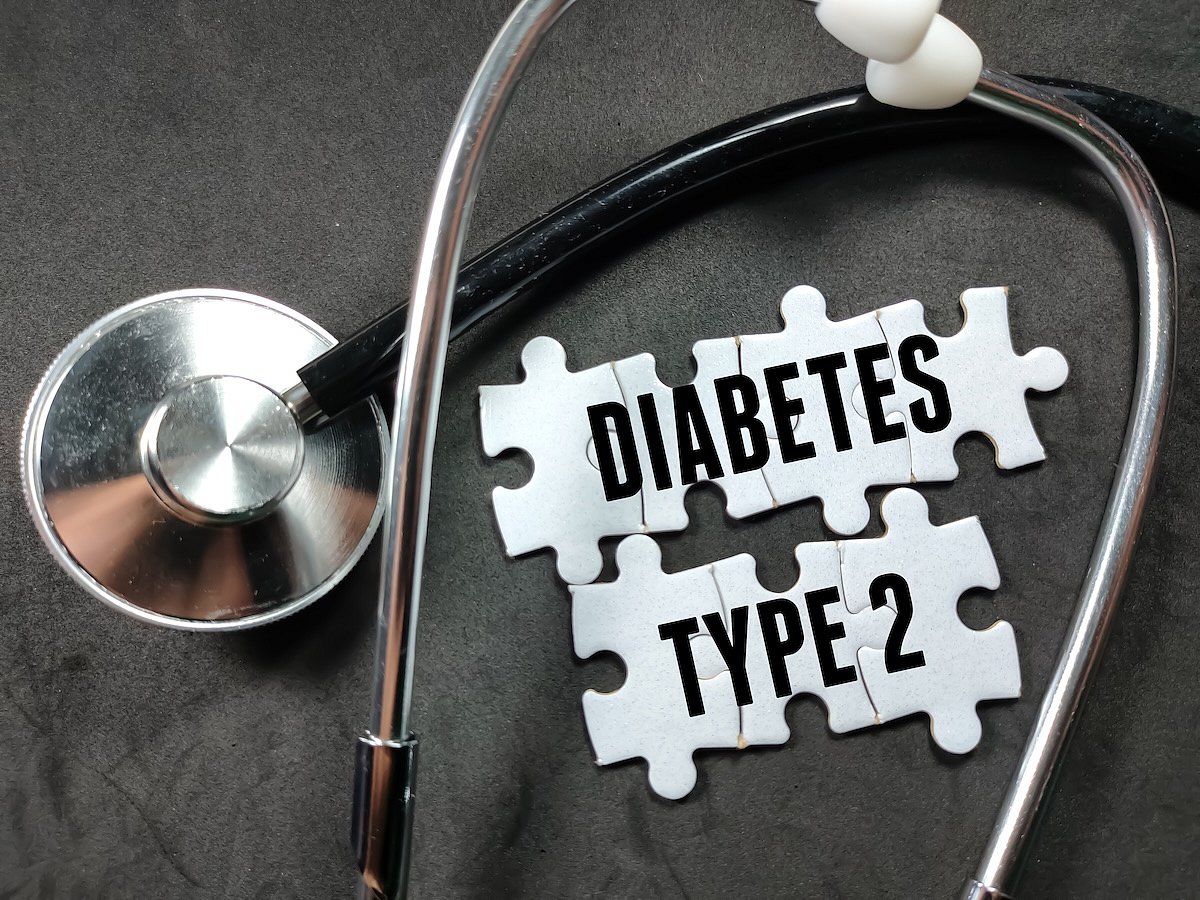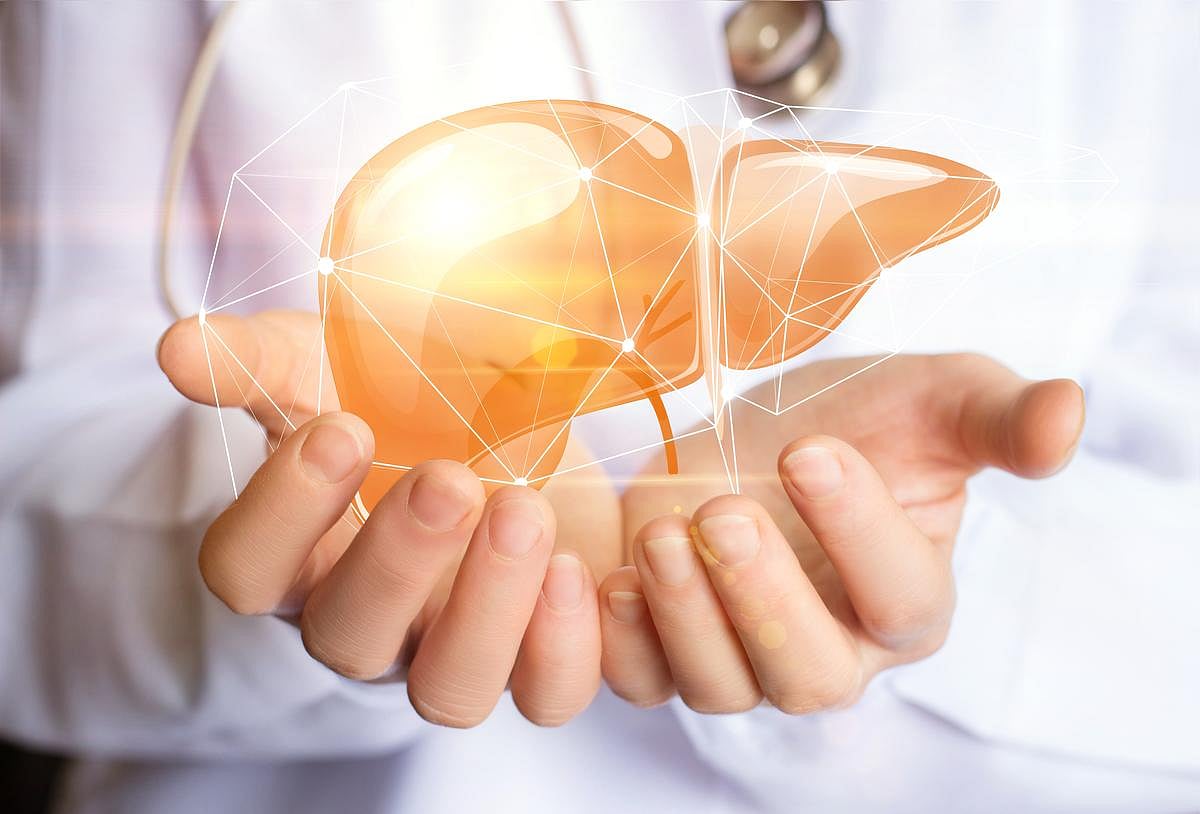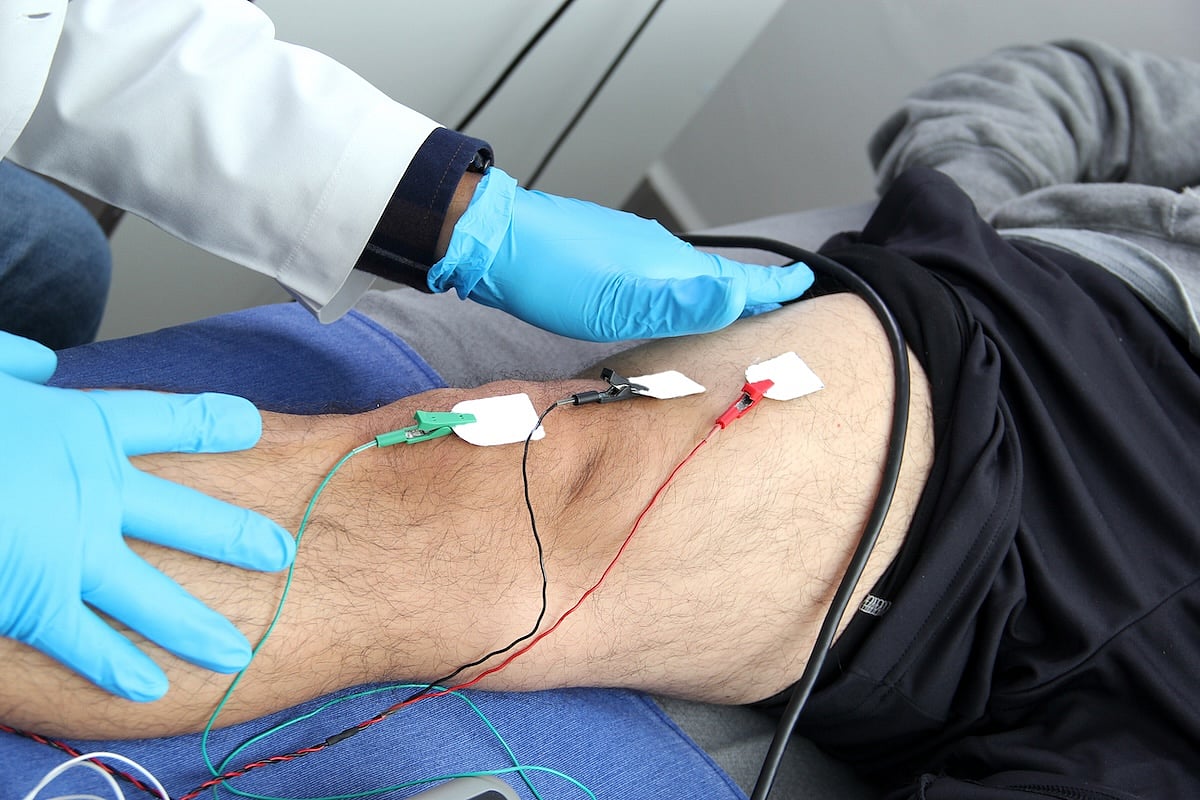
Remote monitoring of cancer patients can improve their recovery after surgery, a new study says. People whose health team tracked their symptoms remotely wound up recovering more quickly from surgery, researchers reported in the journal npj Digital Medicine. “The first two weeks after discharge are critical,” researcher Tracy Crane pointed out in a news release. … read on > read on >






























